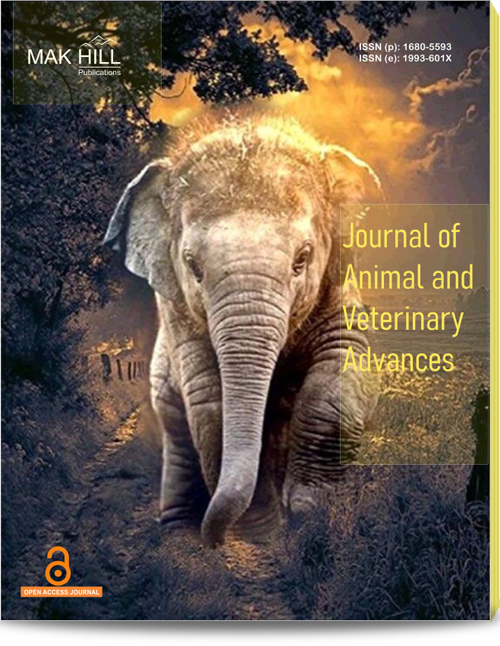
Journal of Animal and Veterinary Advances
ISSN: Online 1993-601XISSN: Print 1680-5593
86
Views
0
Downloads
Abstract
The research is conducted at a degraded steppe in Hebei province, China. Researchers took four sample areas which are dominated by fringed sagebrush (Artemisia frigida), narrowleaf stellera (Stellera chamaejasme), shining speargrass (Achnatherum splendens), white swordflag (Iris lactea), respectively. Phosphorus (P) was applied at four levels (0, 5, 10 and 15 mg kg-1 soil) in each sample area. The AM fungi colonization and the organic acid exudation in the rhizosphere were affected by the concentration of soil available phosphorus. These results suggested that the difference of soil P content is probably the cause of the appearance of four patches.
How to cite this article:
Hanshu Zhou, Gaowen Yang and Yingjun Zhang. The Impact of Soil Available Phosphorus on the AM Fungi and the Organic Acids Exudation at Different Patches in Northern Steppe of China.
DOI: https://doi.org/10.36478/javaa.2012.4553.4558
URL: https://www.makhillpublications.co/view-article/1680-5593/javaa.2012.4553.4558